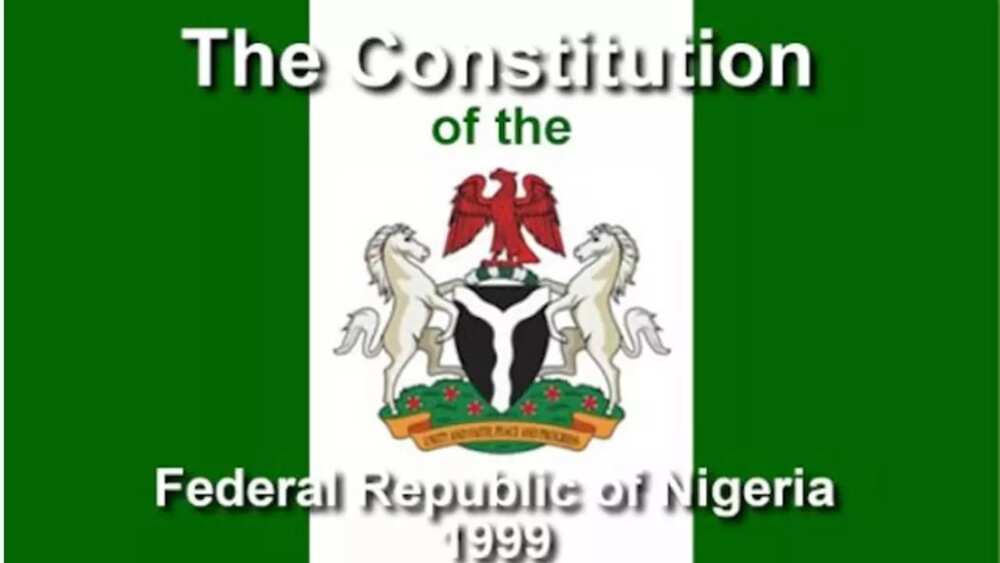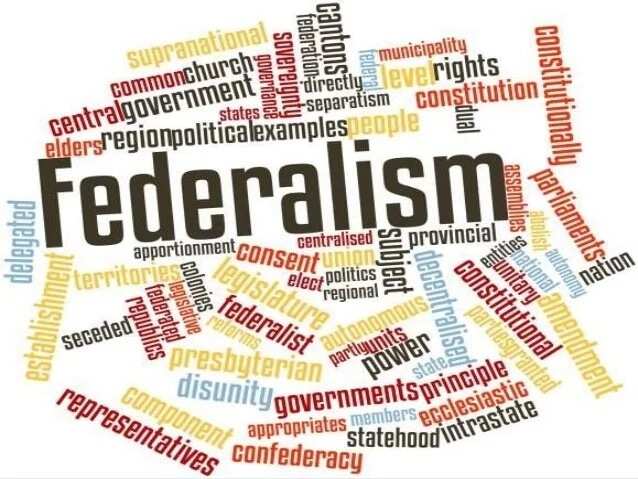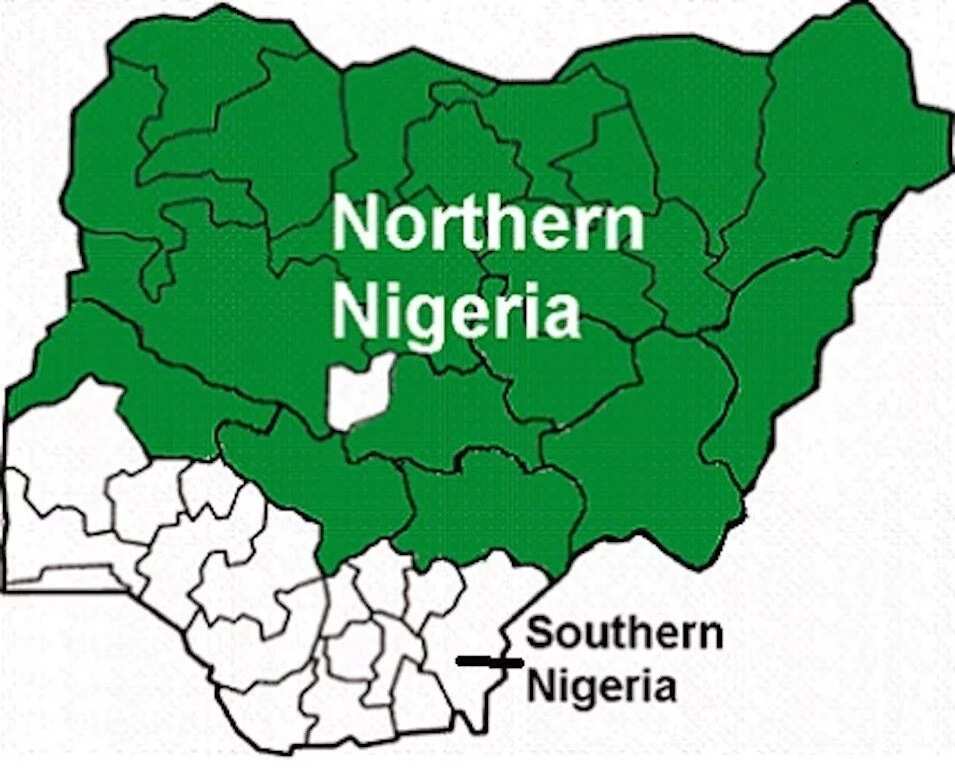Reasons for the adoption of federalism in Nigeria
What is federalism? What were the reasons for the adoption of federalism in Nigeria? As a Nigerian, it is important to understand some basic things about the system of governance in Nigeria and why it is so. This post will give you some insight into why federalism was adopted as the system of governance in Nigeria.

What is federalism?
Federalism is a mixed form of government where there is a general government always known as the central or federal government and regional governments which could be provincial or states governments. Federalism is a system of government where there are a decentralization power and autonomy of governance to the regional or federated states that share sovereignty with the Federal Government. This allows the central or federal government to share governmental powers between the central or federal government and the components regions, state, etc.
In Nigerian democracy, there is a federalist system of government. The governmental powers are shared between the federal government and the thirty-six state governments. Each state has the same level of self-governance.
READ ALSO: History of democracy in Nigeria from 1960

Federalism was implemented in Nigeria as way back as 1946 during the British colonial era. Then Nigeria was organised into a federation that had three regions. Nigeria's independence was gotten and founded on the basis of a federalist system of Government. By the time Nigeria became a republic, the system of federalism was adopted and the country was considered as a federation of three regions. Between 1960 and 1996, the three regions have been divided into smaller entities which are now known as states and their boundaries were reorganised. So, what are the reasons for the adoption of federalism in Nigeria?
1. The initial creation of Nigeria as a country and colonial background

Before the amalgamation of the Northern Protectorate and the Southern Protectorate in 1914, there was nothing like Nigeria. There was just the Northern Protectorate and the Southern Protectorate. Present Nigeria was formed by the amalgamation of two regions which many see as a big influence in why federalism was later adopted by the British and later on by Nigerian leaders as at the time of independence.
2. Size of Nigeria
One of the major reasons why countries choose federalism is because of size. And this is one of the factors responsible for the adoption of federalism in Nigeria. Nigeria is quite a big country with an area of 923,768 km2. So for effective governance of a country of this big size, federalism has to be adopted.

3. Population of the country
Another reason why federalism is adopted by any country is that of its population. As at the time of independence, the population of Nigeria was estimated at 45.21 million. This was many times more the population of most African countries then. And even now we can see the population of Nigeria compared to other countries in Africa. It is believed by many that this was one of the reasons why Nigeria adopted a federalist system.

4. The leaders wanted a federal system of government
Prior to independence, it is believed that the British adopted federalism because it favored their interest. There is a general opinion that Nigeria was formed because of the interest of the British and they had to govern the country under a federation system. By the time Nigeria got her independence, the various party involved had been regionally based. The political parties involved in the first republic were more formed on a regional basis. The leaders also were from different major tribes and also wanted a level of power. So majority if not all of them were in favor of a federalist system of governance.
5. Diverse ethnic background of the population

Another major reason why federalism was adopted in Nigeria is the multiple ethnic backgrounds in Nigeria. There are three major tribes in Nigeria namely Hausa, Igbo, and Yoruba. But besides these three major tribes, there are over 350 other smaller tribes with diverse languages and dialects. This was one of the major reasons for the creation of the newer and smaller states after the independence. The states' territories were formed around ethnic groups with common interest and close ties, culture, and dialects. Also, there was a demand for more local regions by all these ethnic interest groups which was what led to the creation of new states.
6. Framework for the development
Post-independence creation of states and further division of states created after independence was done as a framework for the development of Nigeria. Federalism was further adopted because the developed countries from which Nigeria borrowed democracy practice federalism.

Federalism as a system of government which is meant to help to advance good governance and development of a multi-ethnic and big country like Nigeria. Unfortunately, since the formation of Nigeria and adoption of this system of governance in the country has not seen much effect of federalism. Rather there has been more challenges than benefits of this federal system. It needs proper review so that the country can move forward as a nation. This is why there is a clamoring for restructuring and true federalism in Nigeria.
READ ALSO: Reasons for political apathy in Nigeria
Source: Legit.ng




